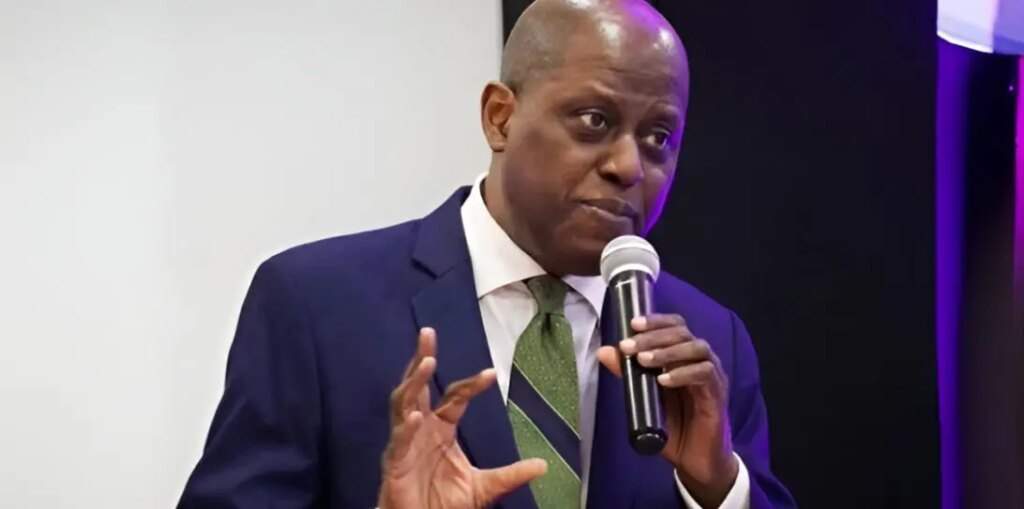Olayemi Cardoso, the Governor of the Central Bank of Nigeria (CBN), has pointed to a notable surge in the value of the dollar exchange rate, attributing it to the increasing number of Nigerian students pursuing education abroad and the rise in foreign medical trips undertaken by Nigerians.
During a sectoral debate organized by the House of Representatives in Abuja, Cardoso underscored the concerning rise in the cost of living, emphasizing that the CBN is diligently working towards implementing enduring solutions to mitigate the situation. He further expressed the CBN’s commitment to reducing inflation to 21.4 percent through enhancing agricultural productivity.
Cardoso highlighted, “Transaction volume in our market exceeded 800 million dollars. The persistent high cost of living is a pressing issue. We are fully cognizant of the urgency of this matter and are dedicated to implementing sustainable remedies. The CBN has made strides in lowering inflation to 21.4 percent, driven by enhanced agricultural productivity.”
In addressing the volatility of the exchange rate, Cardoso outlined plans to bolster liquidity, acknowledging that these measures entail temporary economic costs. He noted, “There is a growing demand for dollars, triggered by a swell in the number of Nigerian students studying abroad, projected to surpass 100,000 by 2022. Based on available data, the expenditure attributed to education and medical tourism has amounted to 28.6 billion dollars, further exacerbating the demand for dollars.”
The CBN governor’s remarks shed light on the intricate factors influencing Nigeria’s currency values, underscoring the imperative need for strategic interventions to stabilize the exchange rate amidst burgeoning demands for foreign currency.
